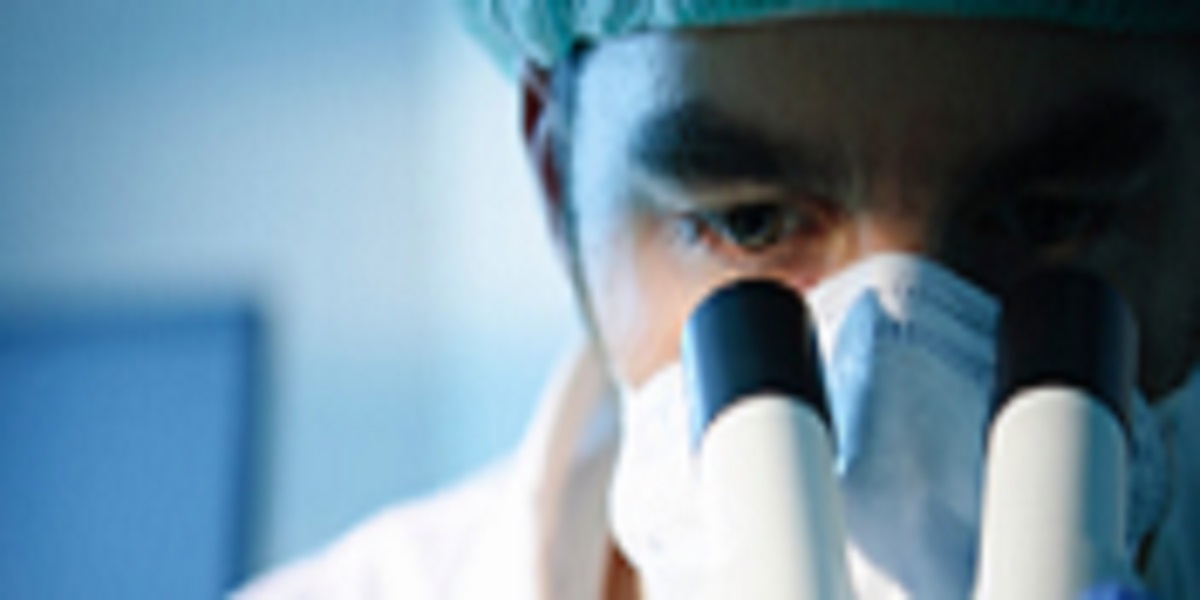27th Annual Meeting of EASDec held in Belfast
The European Association for the Study of Diabetes Eye Complications Study Group (EASDec) held its 28th Annual Meeting in Belfast, Northern Ireland, on Thursday 24th May to Saturday 26th May 2018.

EASDec is a study group of the European Association for the Study of Diabetes (EASD) with special responsibility for the study of the eye complications of diabetes. Its aim is to promote the advancement of knowledge of all aspects of diabetes related eye disease, including epidemiology, pathology, pathophysiology, investigation and treatment through active collaboration between ophthalmologists and diabetologists.
It is the only conference event in Europe centred on diabetic eye disease and thus attracts high calibre researchers and clinical practitioners from across this specialist area. Professor Tunde Peto, Chair of the local organising committee and Professor of Clinical Ophthalmology at QUB said “EASDec 2018 welcomed the best international scientific and clinical expertise to communicate, interact and exchange knowledge while maintaining and building collaborations and creating new partnerships too.” This year, more than 160 active scientists and experts from different fields of study of diabetic retinopathy attended.
The scientific programme explored aspects of diabetic eye care both in clinical and research settings and allowed scientists and clinicians to learn more about artificial intelligence and the eye. Of particular interest was the Satellite Symposium: BIG DATA AND ARTIFICIAL INTELLIGENCE: EYES HAVE IT ALL! featuring presentations from the Google Verily Team, Professor Usha Chakravarthy, Professor Lloyd Paul Aiello and Professor Alan Stitt.
Guests attending the conference included ophthalmologists, diabetologists and diabetic retinopathy screening caseworkers. This was a non-profit event, with the focus purely on educational output, knowledge sharing and research.
Queen’s University Belfast boast more than a century of award-winning research excellence and teaching prowess – and diabetes features prominently on its international research agenda.
